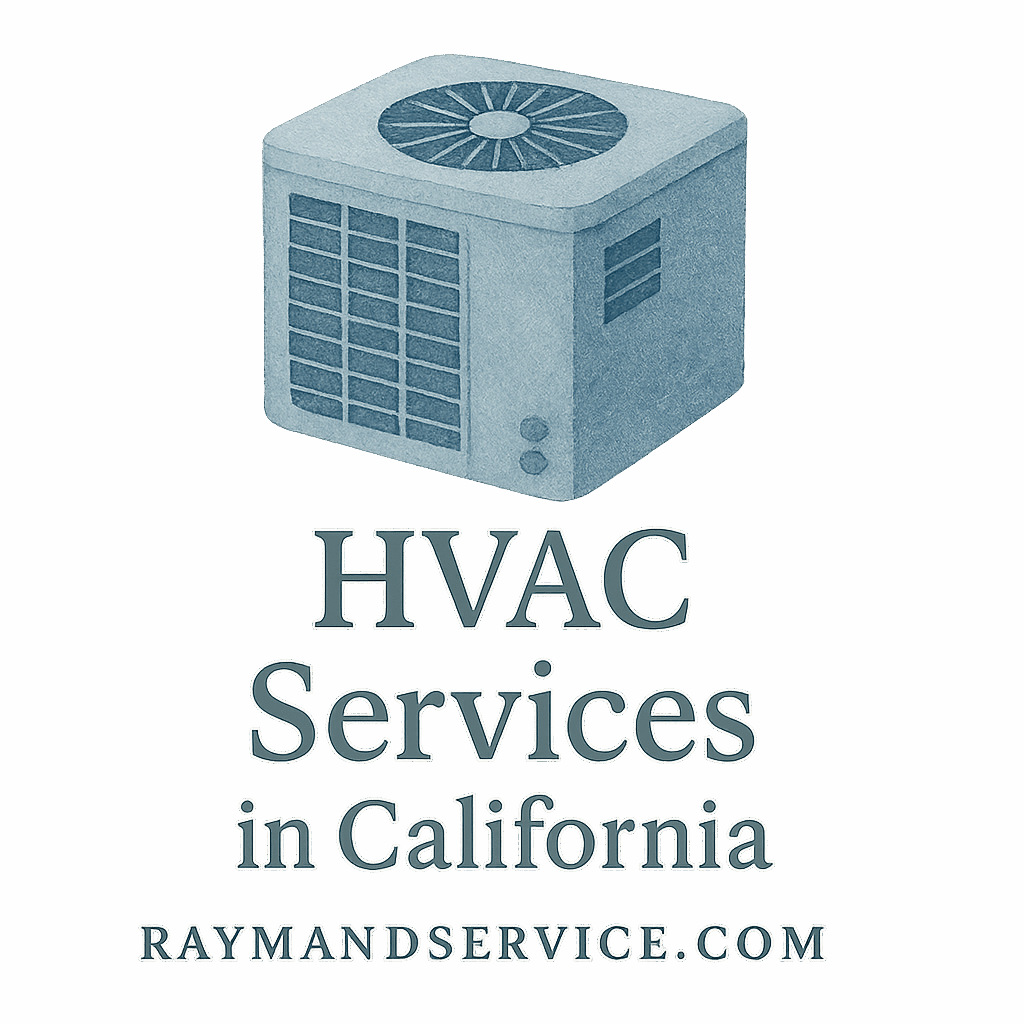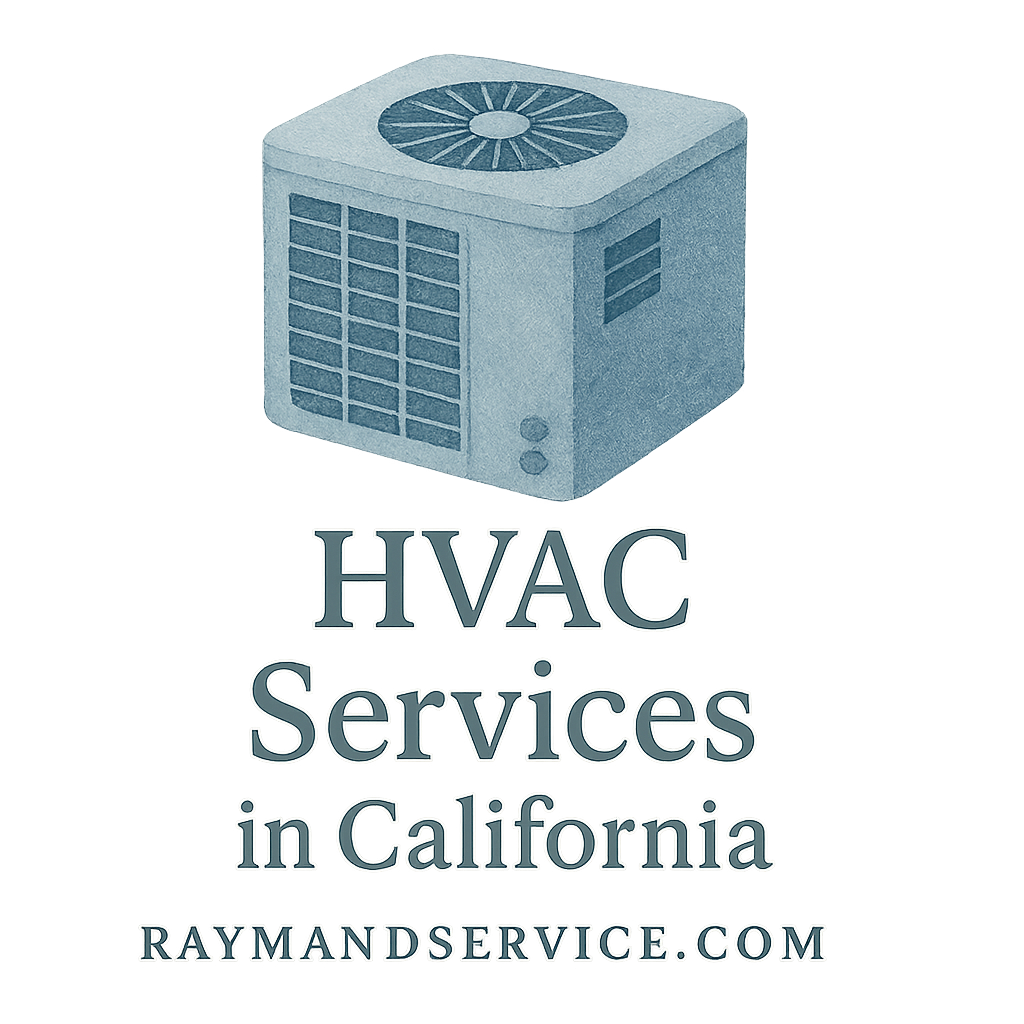Introduction
Let’s be honest—your home should be your safe haven. But what if the air you breathe indoors is worse than what’s outside? If you’re sneezing indoors, or your space feels stuffy and stale, your HVAC system might need a closer look.
Residential HVAC services are more than just temperature control—they’re a game changer for indoor air quality (IAQ). In this post, we’ll walk through 10 powerful ways these services can clean up your air, boost your comfort, and help your family breathe easier.
Understanding Indoor Air Quality (IAQ)
Why IAQ Matters in Every Home
Indoor air quality directly affects your health, comfort, and even productivity. Poor IAQ can lead to headaches, fatigue, allergies, and long-term respiratory issues. It’s especially critical in places like California where seasonal changes, wildfires, and pollution can creep indoors without proper filtration.
Want to go deeper into the benefits of clean air? Check out our comfort and eco-friendly tags for additional reading.
Common Indoor Pollutants You Might Not Notice
From pet dander and dust mites to mold spores and volatile organic compounds (VOCs), your air could be harboring invisible threats. Add in moisture, smoke, and cleaning chemicals, and you’ve got a recipe for compromised health.
What Are Residential HVAC Services?
Key Features of Residential HVAC Systems
A residential HVAC system controls heating, ventilation, and air conditioning. It circulates air, removes contaminants, balances humidity, and keeps your home comfortable all year round.
For tailored services, visit Residential HVAC Services.
How HVAC Systems Impact IAQ
Think of your HVAC like the lungs of your home. If it’s clogged, outdated, or neglected, it can’t breathe properly—and neither can you.
Let’s dive into how expert residential HVAC services help.
1. Air Filter Replacement
How Dirty Filters Harm IAQ
Clogged air filters trap pollutants… until they don’t. A dirty filter recirculates particles like dust, allergens, and mold back into your home.
Best Practices for Filter Maintenance
Experts recommend replacing filters every 1-3 months. Residential HVAC services ensure you’re using the right type (like HEPA) and replacing them on schedule.
Related Resource: HVAC Maintenance & Troubleshooting
2. Regular HVAC Maintenance
Cleaning Ductwork and Components
Dust and debris in your ducts? You’re breathing that. Maintenance includes deep cleaning to prevent contamination and keep airflow strong.
Preventing Pollutant Buildup
Without regular checkups, bacteria and mold can thrive inside the system. Professional tune-ups nip problems before they affect your lungs.
Learn more about HVAC maintenance.
3. Proper Ventilation Enhancements
How Ventilation Controls Moisture and Pollutants
Improved airflow is key. HVAC pros balance fresh air intake and exhaust, removing stale air, pollutants, and excess humidity that fuels mold.
Don’t miss this Airflow guide to get the full scoop.

4. Humidity Control Systems
Dangers of High and Low Humidity
High humidity welcomes mold. Low humidity irritates your throat. A good HVAC system regulates it right in the sweet spot—between 30% and 50%.
Use our Seasonal HVAC Services in CA to stay balanced year-round.
5. Air Purifier Integration
HEPA Filters and UV Light Add-Ons
Modern HVAC setups can include advanced filtration like HEPA filters or UV lights that kill viruses, bacteria, and airborne toxins before they spread.
Also explore green solutions that promote sustainability and clean air.
6. Smart Thermostat Use
Efficient IAQ Monitoring and Adjustments
Smart thermostats don’t just control temp—they monitor humidity, allergens, and airflow. Some even alert you when the air quality dips.
Visit our energy-saving tag to maximize efficiency with these tools.
7. Sealing Leaky Ductwork
How Duct Leaks Pollute Indoor Air
Leaks let in dust, allergens, and pests. They also waste energy. Sealing them keeps your system efficient and your air clean.
More on efficiency in this related article.
8. Seasonal HVAC Services
Preparing for Allergen Seasons
Spring allergies? Winter dampness? Seasonal maintenance keeps your system clean and prepped to fight the allergens of each season.
Learn more here: Seasonal HVAC Services in CA
9. Energy Efficiency Upgrades
How Efficiency Relates to Cleaner Air
Upgraded units use better filters, circulate more effectively, and save on utility bills. Plus, they reduce your carbon footprint.
Explore more: Energy Efficiency Upgrades
Want to dive into sustainable solutions? Check out our sustainability and eco-friendly resources.
10. Customized Residential HVAC Solutions
Tailored Plans for Optimal Air Quality
Every home is different. Residential HVAC services offer assessments, tailored designs, and recommendations to maximize your IAQ goals.
Get started with a consultation here: Residential HVAC Services
Conclusion
Indoor air quality is a silent influencer of your daily life. From your sleep to your focus, even your skin, it all connects back to the air you’re breathing.
If your HVAC system is old, under-maintained, or not customized to your home, you’re probably not getting the air you deserve.
Investing in residential HVAC services isn’t just about fixing problems—it’s about creating a healthier, cleaner, and more comfortable living space. So take a breath, and take action.
For expert help, trust Raymand Services for professional, eco-friendly, and customized HVAC care.
FAQs
1. How often should I service my HVAC system to improve IAQ?
At least twice a year—before summer and winter. Regular checkups ensure filters, ducts, and ventilation are working properly.
2. Can smart thermostats actually improve indoor air quality?
Yes! Many monitor air quality, remind you to replace filters, and adjust humidity levels automatically.
3. What’s the best HVAC filter for air quality?
HEPA filters are excellent for trapping 99.97% of particles. Look for MERV ratings 13+ for residential use.
4. How do I know if my home’s air quality is poor?
Signs include frequent coughing, sneezing, dust buildup, musty smells, or headaches. An HVAC inspection can confirm it.
5. Are UV air purifiers worth the investment?
Absolutely. UV light kills airborne pathogens and keeps coils clean, reducing mold and bacteria in your system.
6. Will sealing ducts really make a difference in IAQ?
Yes, leaky ducts let pollutants sneak in. Sealing them reduces dust, improves airflow, and lowers energy bills.
7. Do HVAC services help with pet allergies?
Definitely. Proper filtration and maintenance remove pet dander from circulation, reducing allergy symptoms.


